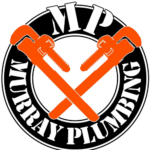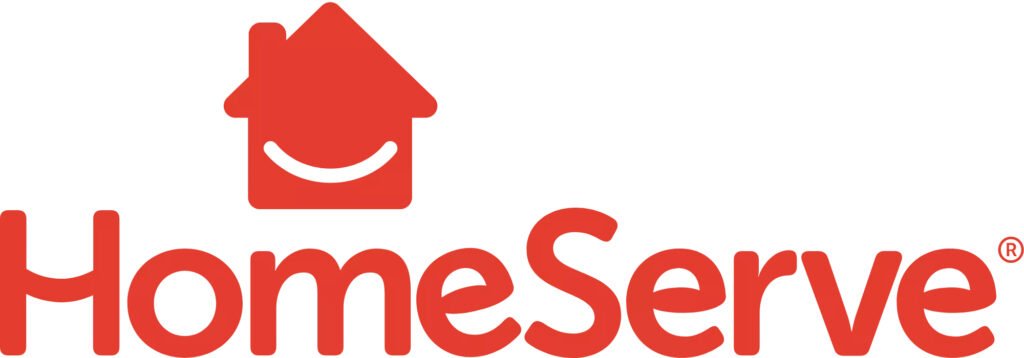As someone who has worked in the plumbing and septic industry for many years, I can’t stress enough the importance of understanding your septic system drainfield. In Middletown, PA, many homes rely on septic systems for waste management, and the drainfield plays a crucial role in ensuring that everything functions properly. A well-maintained drainfield can prevent costly repairs and protect our environment.
In this article, I will share insights on septic system drainfield maintenance in Middletown PA. I’ll cover essential tips for caring for your septic drainfield, how to prevent issues, and what signs to look for if something is wrong. With a bit of knowledge and proactive care, you can keep your septic system running smoothly.
The Role of the Septic Drainfield
Before diving into maintenance, let’s clarify what the septic drainfield is. After wastewater leaves your home, it goes into the septic tank, where solids settle, and liquids are separated. The liquid waste then flows into the drainfield, where it is filtered through soil and naturally treated before reaching the groundwater.
Understanding the importance of your drainfield is key to ensuring proper septic system function in Middletown. If the drainfield is not functioning well, it can lead to backups, unpleasant odors, and environmental hazards.
Tips for Caring for Septic Drainfields in PA Homes
Maintaining your drainfield doesn’t have to be complicated. Here are some practical tips for caring for septic drainfields in PA homes:
- Know Your Drainfield Layout: Familiarize yourself with the location and layout of your drainfield. Avoid parking vehicles or placing heavy objects on it, as this can compact the soil and disrupt the drainage process.
- Limit Water Usage: Be mindful of how much water you use. Overloading the system with water can lead to saturation, which is one of the main causes of drainfield failure. Consider installing water-saving fixtures to reduce consumption.
- Avoid Harsh Chemicals: Do not flush harsh chemicals or antibacterial products down the toilet. These can kill the beneficial bacteria in your septic system that help break down waste.
- Regular Pumping: Schedule regular septic tank pumping every 3-5 years, depending on your household size and water usage. This helps prevent solids from reaching the drainfield.
- Plant Wisely: If you want to plant vegetation near your drainfield, choose deep-rooted plants like grasses, which can help absorb excess water without damaging the system.
By following these tips, you can enhance the lifespan and efficiency of your septic system.
Preventing Drainfield Issues and Failures
Preventing issues with your drainfield is always easier than fixing problems after they arise. Here are some strategies for preventing drainfield issues and failures:
- Regular Inspections: Schedule periodic inspections of your septic system, including the drainfield. A professional can spot potential issues before they escalate.
- Observe Usage Patterns: Keep track of your water usage patterns. If you notice sudden increases in usage, it could be a sign of a leak or malfunction.
- Avoid Root Intrusion: Be cautious of tree roots. Trees planted too close to your drainfield can damage pipes as they search for moisture. If you have trees nearby, consider consulting a professional for advice on managing their roots.
- Manage Rainwater: Ensure that rainwater from gutters and downspouts is directed away from your drainfield. Excess water can overwhelm the system and cause failures.
Taking these preventative measures can help keep your drainfield functioning properly.
Signs of Drainfield Problems and How to Address Them
Even with the best maintenance, issues can still arise. Knowing the signs of drainfield problems and how to address them is essential. Here are some common indicators:
- Pooling Water: If you notice water pooling in your yard near the drainfield, it could indicate a saturated drainfield or blockage.
- Unpleasant Odors: Foul smells near the drainfield can signal that sewage is not being processed properly. This requires immediate attention.
- Slow Drains: If your sinks or toilets are draining slowly, it could mean that the drainfield is unable to absorb wastewater effectively.
- Soggy Grass: If the grass over your drainfield appears greener and more lush than other areas, it may be receiving excess moisture from a failing system.
If you observe any of these signs, it’s essential to contact a professional for an inspection and possible repairs.
DIY Drainfield Maintenance Techniques
For those who enjoy DIY projects, there are some basic DIY drainfield maintenance techniques you can perform to keep your system healthy:
- Keep It Clean: Ensure that the area around the drainfield is free of debris and leaves. This helps prevent blockages and allows for better drainage.
- Install a Drainage System: If water tends to pool in your yard, consider installing a drainage system to redirect excess water away from the drainfield.
- Check for Damage: Regularly inspect the area for any visible signs of damage or flooding. Early detection can save you time and money in repairs.
While these DIY techniques can be beneficial, always remember that more significant problems should be handled by professionals to avoid exacerbating the issue.
Septic System Inspection and Upkeep in PA
Regular septic system inspection and upkeep in PA is crucial for maintaining your system’s functionality. You should schedule professional inspections at least once every few years. During an inspection, a qualified technician will evaluate your tank, drainfield, and overall system health.
In addition to scheduled inspections, you can perform routine checks yourself. Look for signs of wear or damage around your property and monitor your water usage to catch potential problems early.
Protecting Groundwater Quality with Healthy Drainfields
Maintaining a healthy drainfield is essential not just for your home, but for the environment as well. Protecting groundwater quality with healthy drainfields helps prevent contamination that can affect local water supplies. When a septic system fails, untreated wastewater can seep into the ground and pollute groundwater, which can have serious consequences for public health.
By practicing proper septic maintenance, you can ensure that your drainfield works effectively to filter and treat wastewater before it reaches the groundwater.
Importance of Regular Septic System Maintenance
The importance of regular septic system maintenance cannot be overstated. Just like any other system in your home, your septic system requires care to function properly. Neglecting maintenance can lead to significant issues, including costly repairs and health hazards.
Regular maintenance helps prolong the lifespan of your system, prevents expensive emergency repairs, and protects your property’s value. With proper care, you can avoid the unpleasant experience of dealing with a failed septic system.
Sustainable Practices for Drainfield Care in Middletown
Lastly, it’s essential to consider sustainable practices for drainfield care in Middletown. Adopting eco-friendly habits can benefit both your system and the environment:
- Use Eco-Friendly Products: Opt for biodegradable and environmentally friendly cleaning products to reduce the impact on your septic system.
- Limit Water Usage: Be mindful of water consumption. Simple changes, like fixing leaks and installing low-flow fixtures, can make a big difference.
- Educate Your Family: Teach your family about the importance of maintaining the septic system and how their actions can impact its health.
By incorporating sustainable practices into your septic system care, you contribute to a healthier environment while ensuring your system operates effectively.
Conclusion
In conclusion, understanding and maintaining your septic system drainfield is vital for every homeowner in Middletown, PA. With proper care and attention, you can prevent issues, protect groundwater quality, and ensure that your septic system operates smoothly.
By following the tips outlined in this article—from septic system drainfield maintenance in Middletown PA to recognizing signs of drainfield problems and how to address them—you can take charge of your septic health. Remember, a little proactive care goes a long way in keeping your home and the environment safe.



